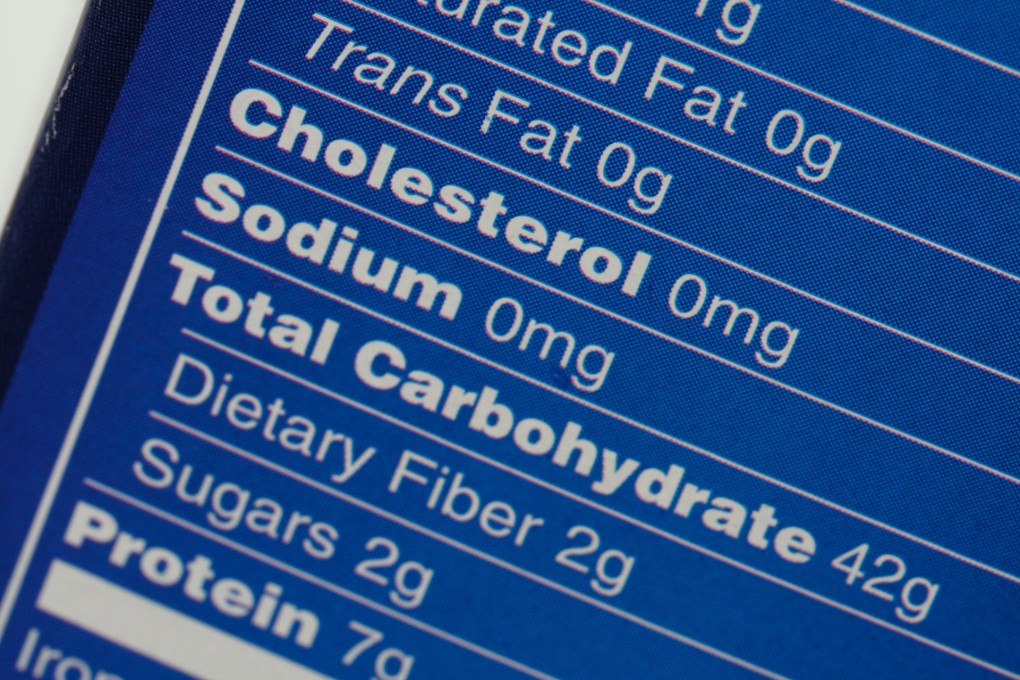
Canadian scientists have discovered the cause of high cholesterol: a protein called resistin that's secreted by fat tissue. This finding could lead to improved prevention and treatment of heart disease, since high blood cholesterol is a major risk factor for heart disease and stroke.
The researchers, who presented their findings at the Canadian Cardiovascular Congress at the weekend, found that resistin increases the production of "bad" cholesterol (aka low-density lipoprotein, or LDL) in human liver cells and also degrades LDL receptors in the liver.
As a result, the liver is less able to clear "bad" cholesterol from the body. Resistin accelerates the accumulation of LDL in arteries, increasing the risk of heart disease.
The study also showed that the protein impairs the effectiveness of cholesterol-reducing drugs called statins, which are used in the treatment and prevention of cardiovascular disease.
Dr Shirya Rashid, senior author of the study and assistant professor in the department of medicine at McMaster University, notes that 40 per cent of people taking statins are resistant to their impact on lowering blood LDL - and high blood resistin levels may be the cause. She believes the study could pave the way for revolutionary new therapeutic drugs, especially those that target and inhibit resistin and thereby increase the effectiveness of statins.
High blood cholesterol can lead to a build-up of plaque in the artery walls and narrowing of the arteries, causing atherosclerosis which can make it more difficult for blood to flow through the heart and body. Being overweight also increases the likelihood of high blood pressure and diabetes, compounding the risks of heart disease and stroke.